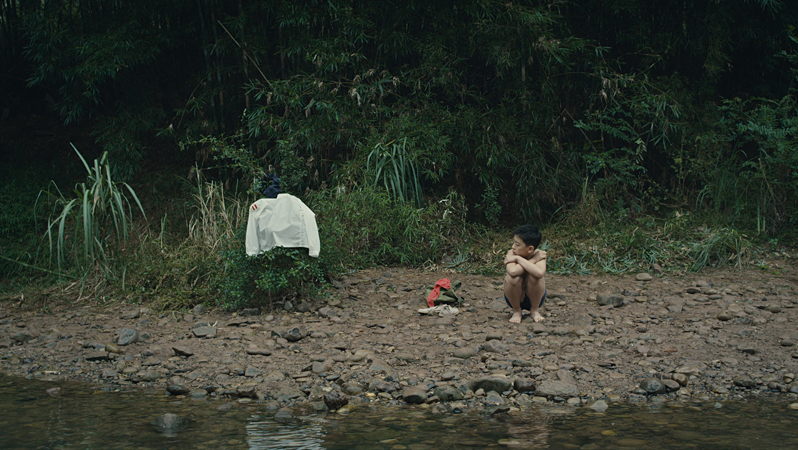The Chinese likely will never stop making movies about the Cultural Revolution; it’s a subject as wrenching and traumatic as our own Civil War. Wang Xiaoshuai’s autobiographically inspired tale is set in a small factory town in Guizhou, far from Beijing, where his educated—and therefore suspect—family once lived. It’s 1975, meaning this great social experiment is about to end, but 11-year-old Wang Han has no way of understanding that, or his parents’ frustration. He only wants a new white shirt to lead his school’s calisthenics class. Then, down by the river, young Wang encounters a fugitive who killed a corrupt official. Don’t turn me in, says the killer, and Wang agrees. Setting his story so specifically in a place and time, director Wang (Beijing Bicycle) creates a mood that’s Proust-meets-Stand by Me, as his hero and three buddies discuss what to do about the killer in the woods. Meanwhile, their parents whisper about riots and violence in other cities, battles between conservatives and the Red Guard. The tide of history is about to turn, but young Wang here remains in its gentle ebb, his unwitting position framed by a prologue and postscript from the grown director’s perspective. 11 Flowers thus feels like a chapter of a larger project that Wang needs to film—perhaps a TV miniseries charting his hero’s future political education.film@seattleweekly.com
The Chinese likely will never stop making movies about the Cultural Revolution;








